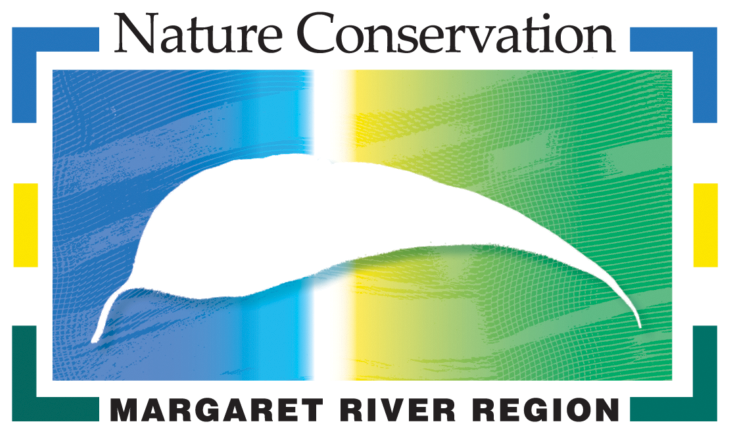Dog poo has a massive impact on our coastal environment – and Margaret River Primary School students have launched a campaign to congratulate people doing the right thing and ensure everyone picks up after their pets.
As part of a new educational marine program called Waatu Kaatijin or “ocean learning” run by Nature Conservation and Educational Marine Areas Australia, one class of Year 5 students has spent the spring surveying the beaches and foreshore at Gnarabup’s dog beach.
They noticed dog poo was a common sight and, after researching the issue and speaking to experts including shire rangers and Birdlife WA’s Christine Wilder, they learnt it has a swag of environmental impacts.
Now, the students are spearheading an education campaign using local media, social media and by speaking to pet owners personally at Gnarabup to congratulate those doing the right thing and encourage everyone else to bag and bin their pooch poo.
There are more than 2100 registered dogs in the Margaret River region and surveys indicate 75 per cent of owners always pick up after their pooches. That means every day the poo from about 500 dogs is being left on the ground in parks and beaches, where it impacts animals, plants and people.
Year 5 student Molly Bolognini said: “Picking up dog poo and popping it in the bin is easy. I know it’s gross but we all have to do it because it’s not good for the environment.” Fellow student Tyla Harvey said she took her dog to Gnarabup dog beach and Riflebutts park where she noticed a lot of dog poo on the ground. “But I really like seeing people who do the right thing, so everyone can enjoy the beach,” she said.
The students said research shows dog poo on the beach, dunes and foreshore can take up to a year to break down and causes impacts including:
- Discouraging shore birds from nesting
- Harming the health of birds which ingest pathogens when they feed on insects attracted to dog poo
- Dumping nutrient, causing algae and being consumed by fish if it is washed into the ocean
- High nutrient levels from poo can also burn or kill plants, grasses and seedlings in the dunes
- Human health is at risk, for example if children play in the sand where there is dog poo
Student Mason Yates said most people did the right thing and he wanted to thank pet owners. But he hoped those who do not pick up their dog’s droppings will change their ways. “I see a lot of dog poo on the ground and on the beach, where it can affect birds, other animals and fish,” he said. “Please pick up your dog poo so it doesn’t affect the environment and spread disease.
The Waatu Kaatijin program encourages students to become citizen scientists as they work with coastal and marine experts to become stewards for Australia’s first Educational Marine Area here at Margaret River. They carry out marine and coastal surveys, identify threats, meet with stakeholders, devise solutions, put them into practice and share the learning with the community.
First started in the Marquesas Islands a decade ago, the EMA concept has become hugely successful, with school children acting as custodians of more than 1000 Educational Marine Areas around the world. Margaret River’s popular Prevelly/Gnarabup coastline was selected as the first spot in Australia to expand the program and a pilot program is under way with four Year 5 classes from Margaret River Primary School.
Seed funding from the Fogarty Foundation – as well as from the Jock Clough Marine Foundation and Cape Mentelle – has made a pilot program possible. But Nature Conservation is hoping to attract more funding to roll out the program to all schools in the Capes region.
